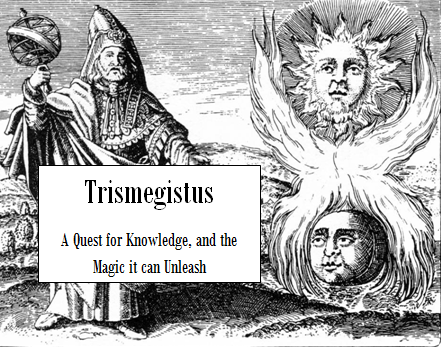| It can be useful to compare more traditional approaches with what is now being described as the Thinking Oriented Curriculum (TOC). The left columns represent some of the assumptions in more traditional views of education; the right column shows the corresponding approach in the thinking oriented curriculum. These tables tend to imply a black and white distinction between traditional and TOC models- in reality current education often contains elements from both sides. It is still useful, however, to consider the two extremes to get a feel for what is attributed to the thinking oriented curriculum.
Source : M. Pohl (1)
Source: Julia Atkin (2)
Source : Julia Atkin(3) |
Search This Blog
Tuesday 29 March 2011
Moving Towards a 'Thinking Curriculum'
Monday 28 March 2011
First, Curiosity...
Curiosity is a powerful motivator in education. The desire to find out, discover, investigate, uncover are fundamental reasons for creating a paradigm where young people have a desire to learn.
Sugata Mitra studied the power of curiosity in his India based studies.
http://www.youtube.com/watch?v=xRb7_ffl2D0
Sugata Mitra studied the power of curiosity in his India based studies.
http://www.youtube.com/watch?v=xRb7_ffl2D0
Subscribe to:
Posts (Atom)

